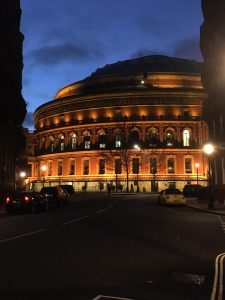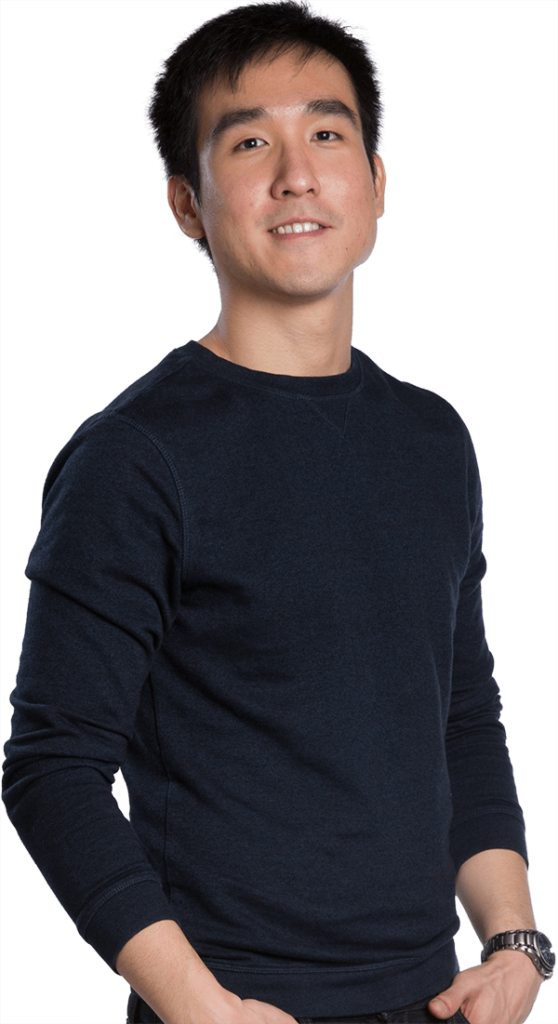Apologies for the highly controversial title, but I am sure any aficionados of science irrespective of disciplines would have found themselves at this ubiquitous crossroad at some point of their scientific career. For the fortunate ones, this might not have happened too frequently but for the ones who are constant worriers on how decisions can have a lifelong impact on themselves even beyond the scope of childhood ambitions, this dilemma seems evermore pertinent.
Perhaps, it might have been induced by the late nights spent camping out at the library whilst revising for the finals, or from another perspective, it might have been inspired by a talk from a senior or someone of a certain degree of expertise.
… and this was what exactly happened to me.
A recent conversation with a senior academic whom I have had the privilege of gaining further insights on his research direction has had the indirect consequence of making me question long and hard on my resolution in pursuing science as a career.
Long story short; a simple yet impactful question was the basis of this thought-provoking post and that was “What does science mean to you?
All I knew since young was that I have always enjoyed science in it’s raw self. even though I must admit that my interest didn’t primarily stay faithful throughout my various phases of education. But I think it would be fair enough to say that Immunology, in it’s essence, would still be what I gravitate back to regardless of circumstances.
and with this, yields another question of the century, which is; “Is it true that research is a tiring career that involves countless hours of monotonous routine laboratory and no work-life balance?” (If I may add, this question was partly inspired by some budding peers who wish to apply to Imperial for higher education!)
Well, first thing first, I will try to be as unbiased as possible given that most of my life has always revolved, or to a large extent, involved the parameter of interest (science!)
So firstly, yes, science does require a relentless amount of commitment and TLC on a pretty regular basis, especially when you are working with models, which obviously encapsulates aspects of human variation that no one can certainly anticipate/predict with fool-proof accuracy each time. BUT (and that’s a very big one at it is), the results are often very satisfactory! Of course failures probably account for at least 90% of experimental durations but that success in the end is almost akin to reaching to the core of a tootsie pop (go try one if you have not!)
VERY SATISFYING.
As to the absence of work-life balance when faced with impending deadlines , it’s nearly almost always attributable to time-management. Certainly, pursuing higher education was never meant to be easy, but in retrospect, the hard times have always made me appreciate the present a little bit more. I don’t suppose this would evoke any form of disagreement, but if any, I would be more than willing to carry on the discussion further.
… and with this, I would like to reiterate my point that taking breaks are beneficial (Rest your eyes!) and you never know what you might be able to capture! (Not Pokemon, unfortunately.)

The Royal Albert Hall in all it’s glamour during the evening. P.S Isn’t it gorgeous?! (Told you, taking breaks and walking around was good!)




One comment for “What makes a good scientist?”